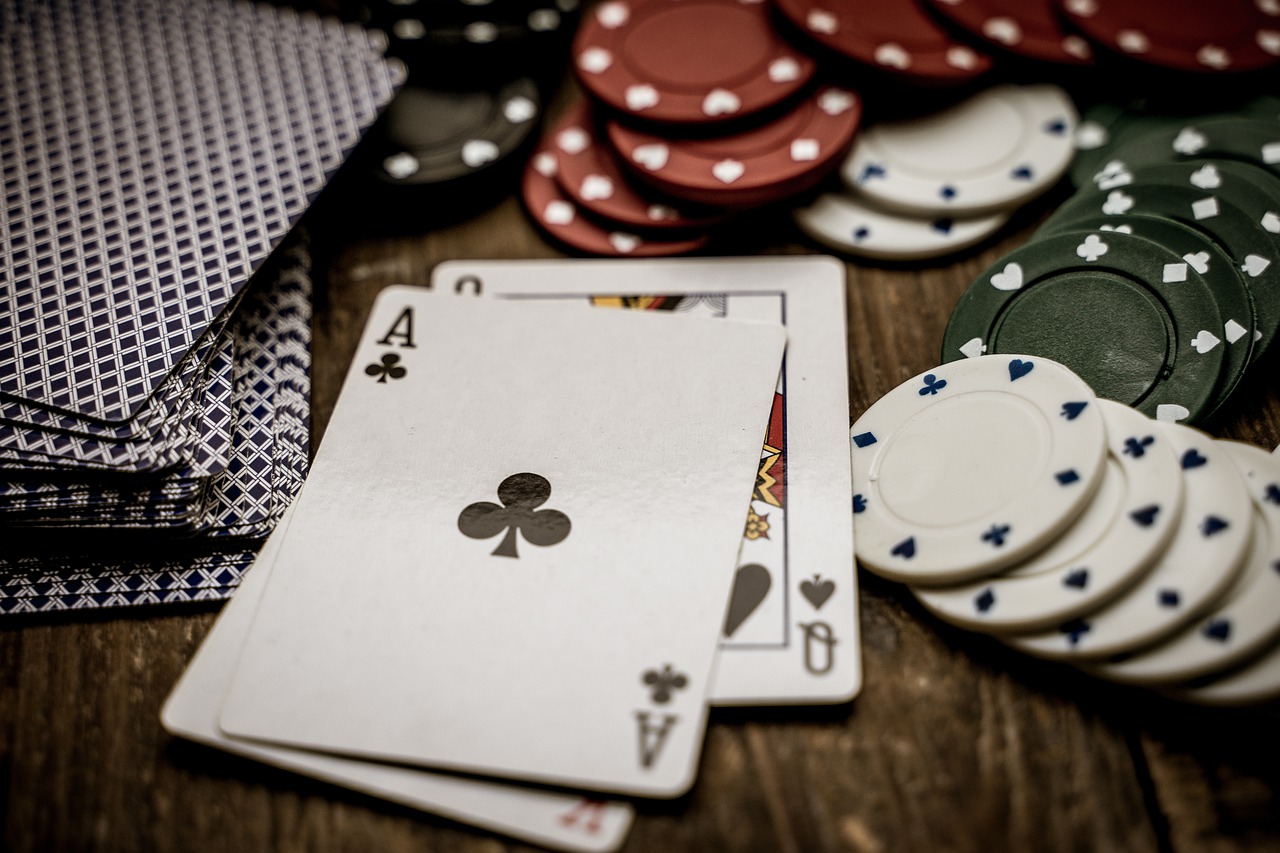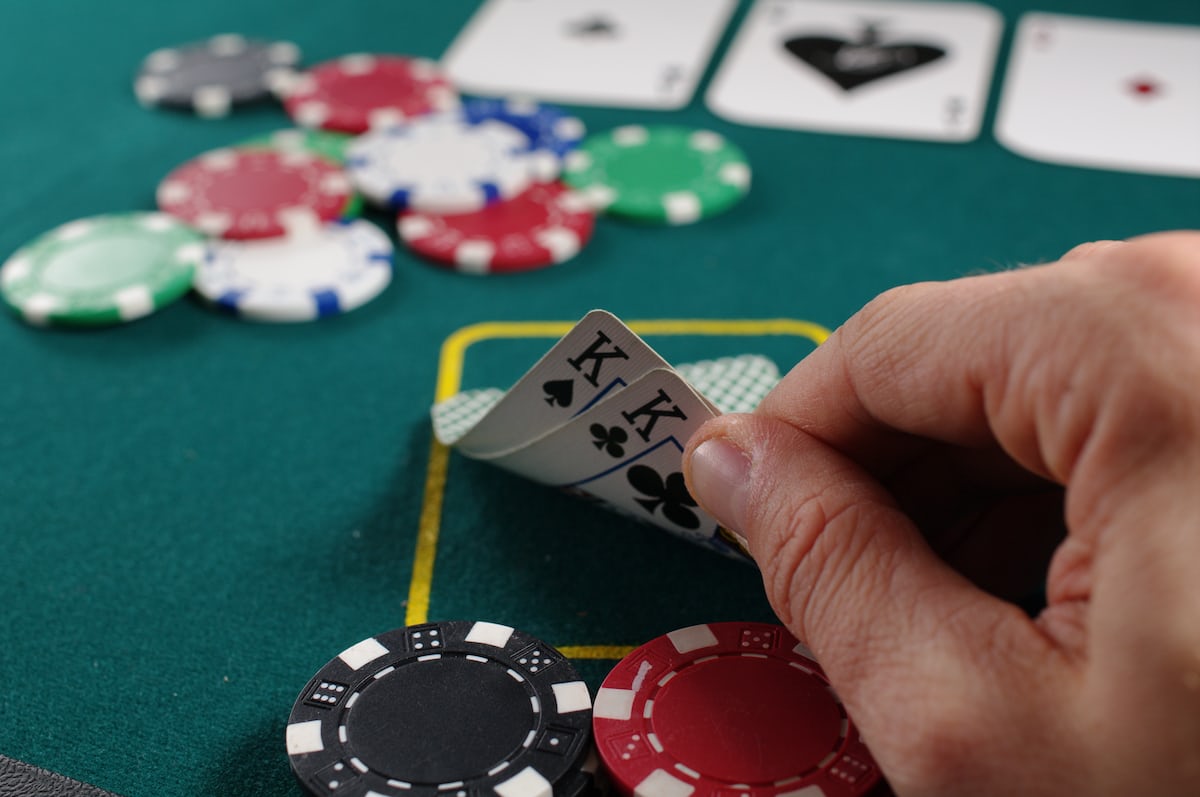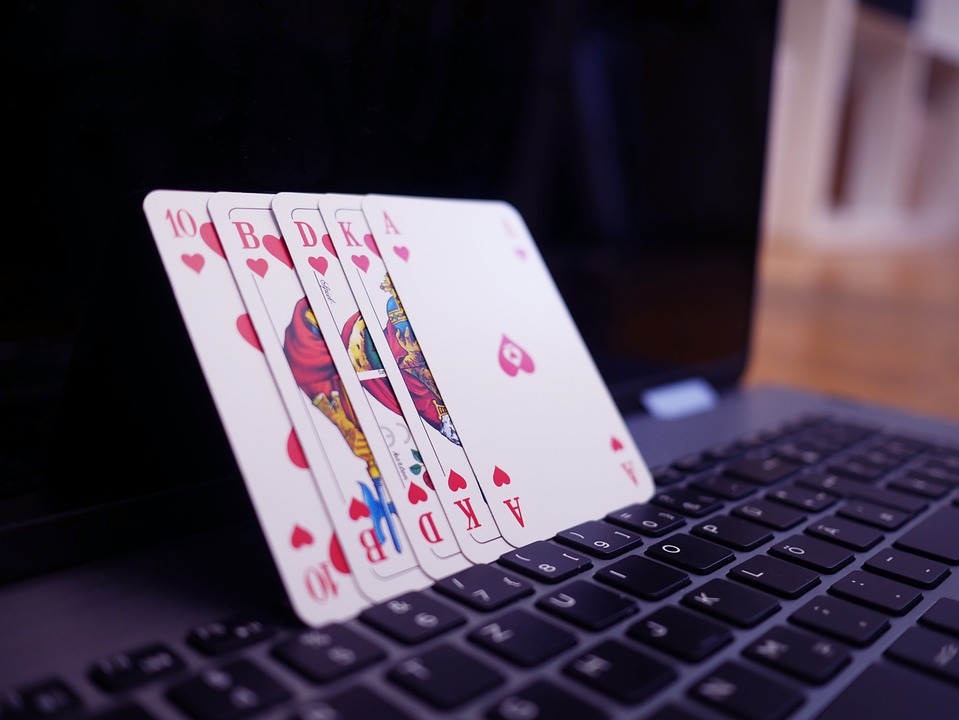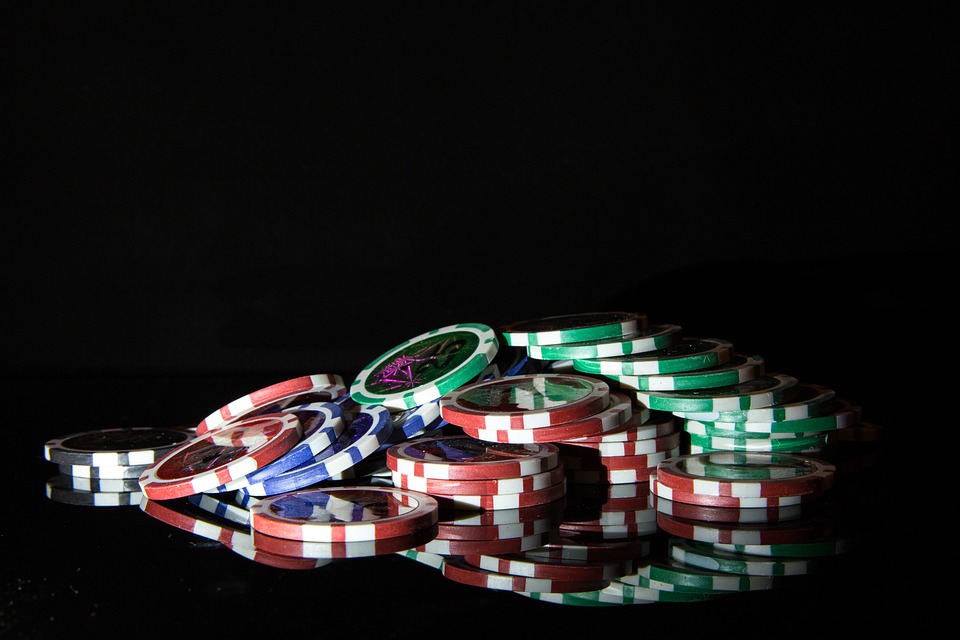Poker is a global phenomenon. Now one of the world’s most popular card games, millions of people play poker daily. It can be enjoyed in many ways, from playing casually with friends to high-stakes tournaments with millions on the line. Bluffing is one of the most exciting parts of playing and watching poker. The psychological aspect of poker is unrivaled, and acting strong with a mediocre hand brings a thrill unlike anything else. This poker guide will explain everything you need to know about bluffs, from when to bluff to spot opponent bluffs.

1. What are bluffs?
Bluffing is a tactic that is older than poker itself. Even in its early ancestors, like As-Nas, bluffing was crucial to winning regardless of your hand. A poker bluff is when you bet or raise to give the impression of a strong hand when you do not have one. It is the polar opposite of a value bet, as you use value bets to get opponents to call, preferably when their hand is worse than yours. Bluffing makes opponents fold, preferably when their hand is better.
2. When and when not to bluff
There are no set rules for when and how often you should bluff. Remember, every poker game is different, and many factors affect bluffing, such as board state, the state of your hand, and especially the players you go against. With this in mind, there are scenarios where it is generally a good idea to bluff and vice versa. You just have to make sure not to follow these rules all the time and instead adapt to the current game when playing.
When to bluff:
When not to bluff:

3. How to spot bluffs
Spotting bluffs is a complicated task, as, again, every opponent is different. There are, of course, a few common habits, but again, you must adapt to each game differently. With this in mind, here are a few ways to spot bluffs:
4. Why is bluffing important?
Bluffing is core to an aggressive playstyle, which is generally better in poker than a passive one. By bluffing well, you give yourself another way to win other than having a better hand at the showdown. However, all top poker players use bluffing in moderation. Newer players often think they understand bluffing but overuse it and get punished for that habit.

The best site to practice
We hope this article helped you learn how to bluff correctly and maybe even how to play poker as a whole. If you want to practice and improve your game, sign up at {{GGPoker}}, the world’s largest poker room. Online poker has no physical tells, which can be good or bad for you, depending on how much you rely on them. However, online poker also has numerous benefits compared to physical poker, such as poker tracking software which will analyze your gameplay and find areas you need to improve.




